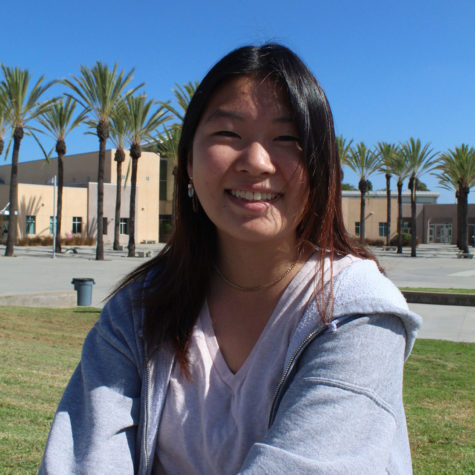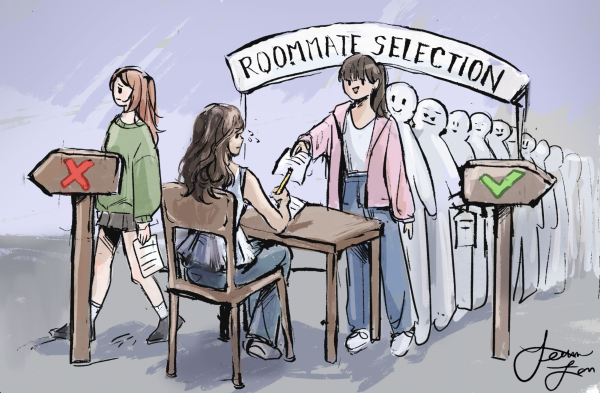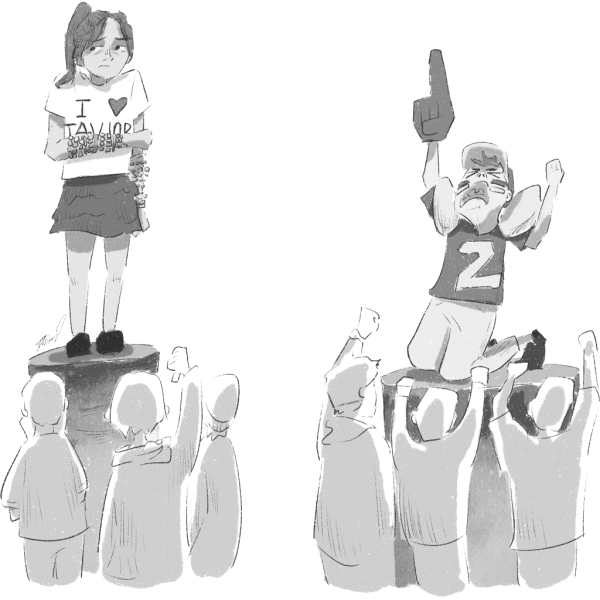Local elections matter
November 1, 2022
The once enthusiastic line of supporters during local elections was traded for a small turnout and apathy. According to the Public Policy Institute of California, since the 2008 election, turnout for local elections has declined 33 points in California. According to the National Civic League, across the U.S., only 15 to 27 percent of eligible voters cast a ballot in their local election in 2020.
What happened to local elections? What happened to endorsing candidates, keen to step up and solve our issues? What happened to democracy being valued at the local level?
The importance of local elections is rarely reflected in community engagement when they should be of equal importance to presidential elections. Local elections have real consequences that can and will affect everyone. Local politicians have control over housing, emergency medical services, public works, transportation services, courts, police and fire departments and parks and recreation services which in turn could affect the economy of the area which could then play a part in bigger elections. According to the University of Chicago Press Journals, “economic conditions at county level have an impact on presidential election outcomes.” Presidential elections have everyone on the edge of their seats but we rarely pay attention to what’s happening in our own backyard.
Local elections can make significant improvements in the quality of life for those in our community through strategic budget planning and using resources to make our lives easier, whether it is a tax increase that could be used to fund parks, fire safety, roads, health, social equity and other programs, or allowing child-care facilities in city recreation centers and public parks.
Not only will living conditions improve, but local elections also address some of the most pressing issues of our time, from improving school security through approving a $14 million bond to eliminating the city’s 10-year-old ban on union-friendly project labor agreements, which could be putting the city at risk of losing millions in state construction funding. The candidates running in the election along with the measures of the ballot have shared diverse visions of what the city should look like in the future, and we as voters have the opportunity to share in that vision by voting for them. The choice is ours, who will we support to build our city?
While the voter turnout for presidential elections nears 60 percent, local election turnout is often a third of that or lower. With that being said, according to Who Votes for Mayor?, San Diego had a higher percentage of eligible voter turnout of 32% with the median age being 57. As the number of young people moving to cities increases more than any other age group, they are remaking cities across the country, and have the opportunity to be powerful forces for change. However, it is hard to have influence when you don’t show up to vote. The Local elections are a way of having our voices heard. We can start to make changes in the world we live in by having our voices heard about our community.
Young people in their 20s and 30s vote at lower rates in local elections than any other age group. Local elections are missing millions of millennial voters who participate in national elections but not ones in their cities.
By knowing what is happening in our cities instead of solely focusing on national elections, we can alter the lives of children, our neighbors, and our family. These changes that we advocate for can also affect future generations in the long run.
The new generation of voters needs to be aware of what is happening in our community since it doesn’t only affect our daily lives, local elections can improve the daily lives of others which is why we should care enough to vote.






